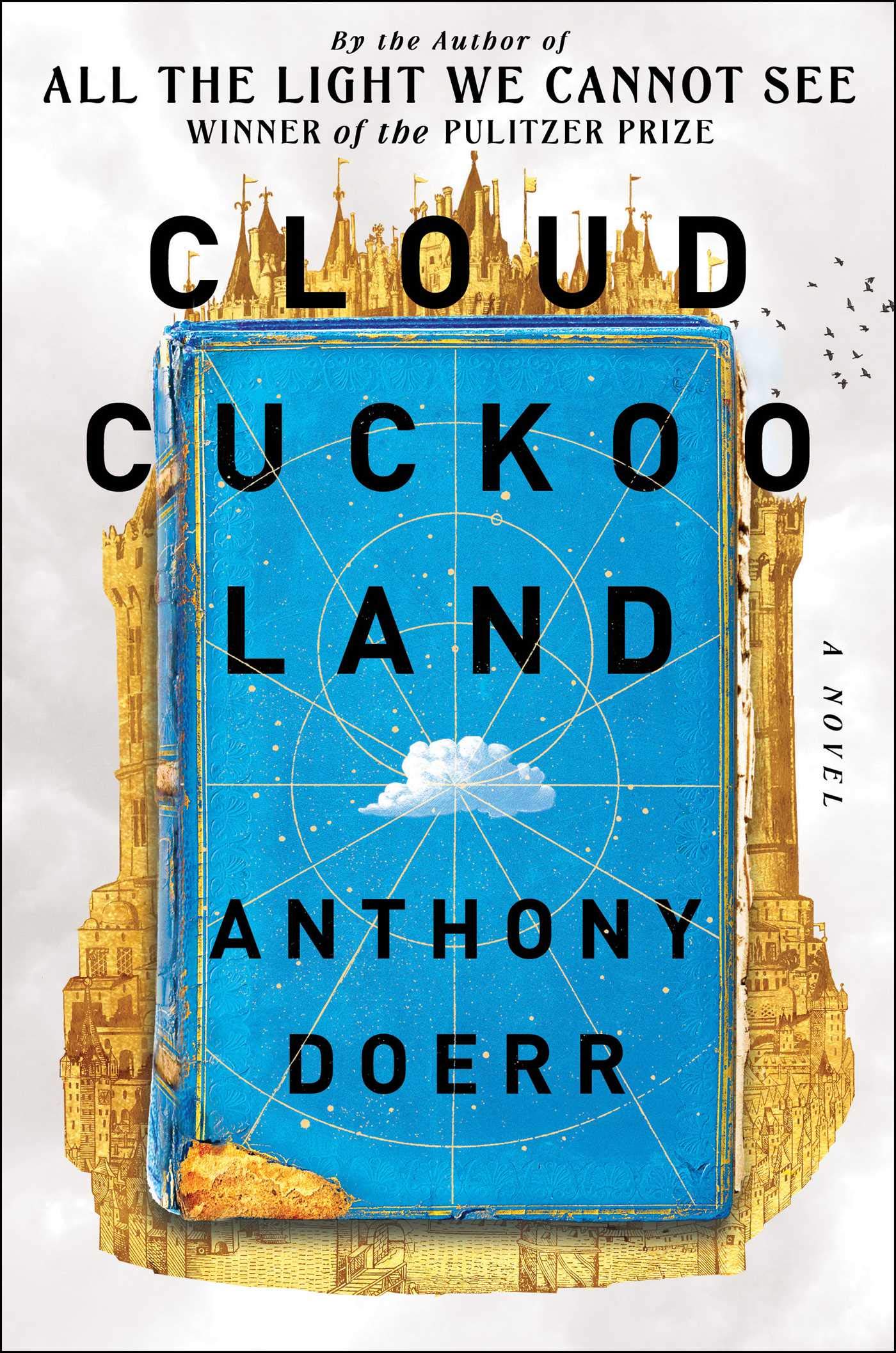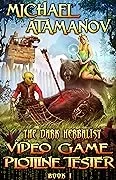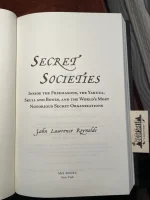I used this reading
Blindsight is 2020: Reflections on Covid policies by
Gabrielle Bauer. If ever there was a book that needed writing it was this one. If there was ever an author that needed to write this book, it was Gabrielle Bauer. The author reflects thoughts that I have had since a few days after I was personally affected by the lockdown. the week began normally. The parking lot to the train station were almost full and most people were happily at work. A few people have their children in because their schools had already closed on a day to day basis. By the end of that week, on Friday, March 13th, 2020 we were in a different world. The train parking lots were almost empty, the trains were empty, the sidewalks of New York were empty, and Broadway theater had been closed the night before. Our office ordered pizza in “ for people brave enough to come to work. Quote that was the word of the email that announced the pizza offering. The next day I decided to go to a movie, being fairly certain that would be the last such occasion. I saw “Once We Were Brothers” about The Band. During the movie, I received the officer's email that we were closed effective that Monday. The following Saturday , March 21st, 2020 was rather warm spring day and the tennis courts were full , presumably with people bored out of their minds by the lockdown. The next day cover our villages mayor locked the tennis courts. When I wrote to ask why the residents were being “punished” his answer was that the tennis balls might carry COVID.
I describe the conditions not to Digress come up to set the scene. This book was all about social media and government engendered panic that led to the destruction of a lot of social values. The author describes, through descriptions of interviews and writings by the courageous dissidents of the panic come over reaction and affect of that maelstrom. I personally was regarded as mentally unstable by questioning, even to close friends, the insanity of the Times. I do not want to spoil the book but I will let you in on the ending; The author ends to a citation of The Rolling Stones great song “You Can't Always Get What You Want,” To make free point that life is governed by choices, and should not be governed by diktat coming from not particularly gifted, compassionate were caring government officials. Governments throughout the world, with certain courageous exceptions as Sweden and South Dakota, we're not willing to let people make adult choices; and either did those officials.
I will have a lot more to say on other threads and in other places.







